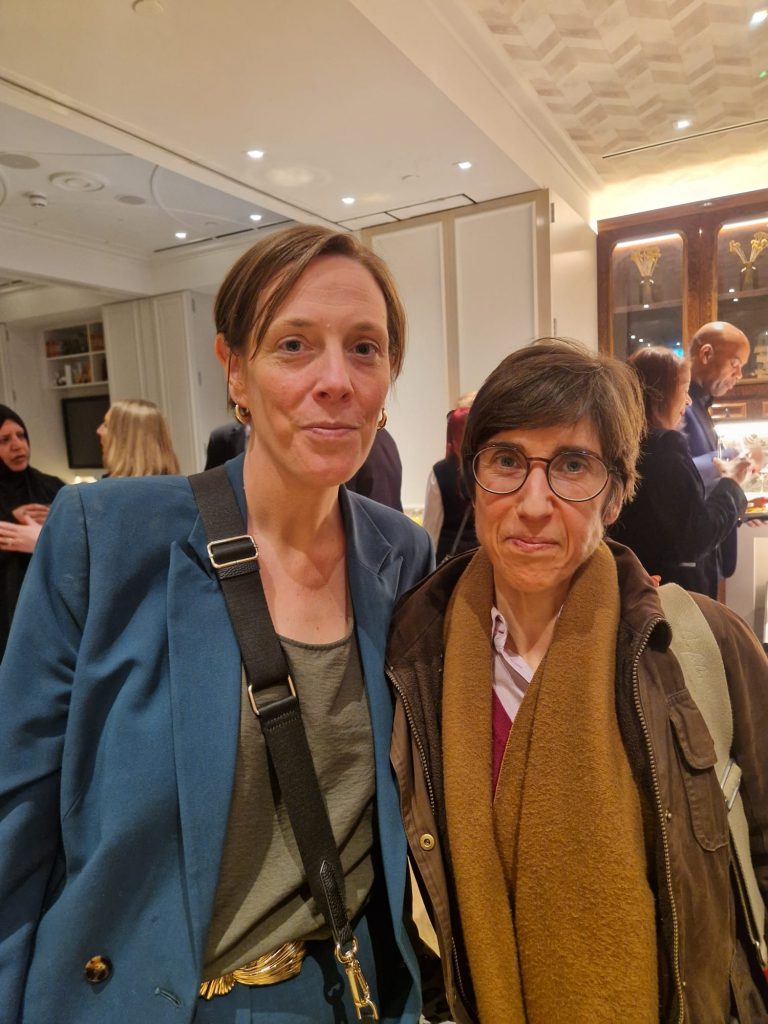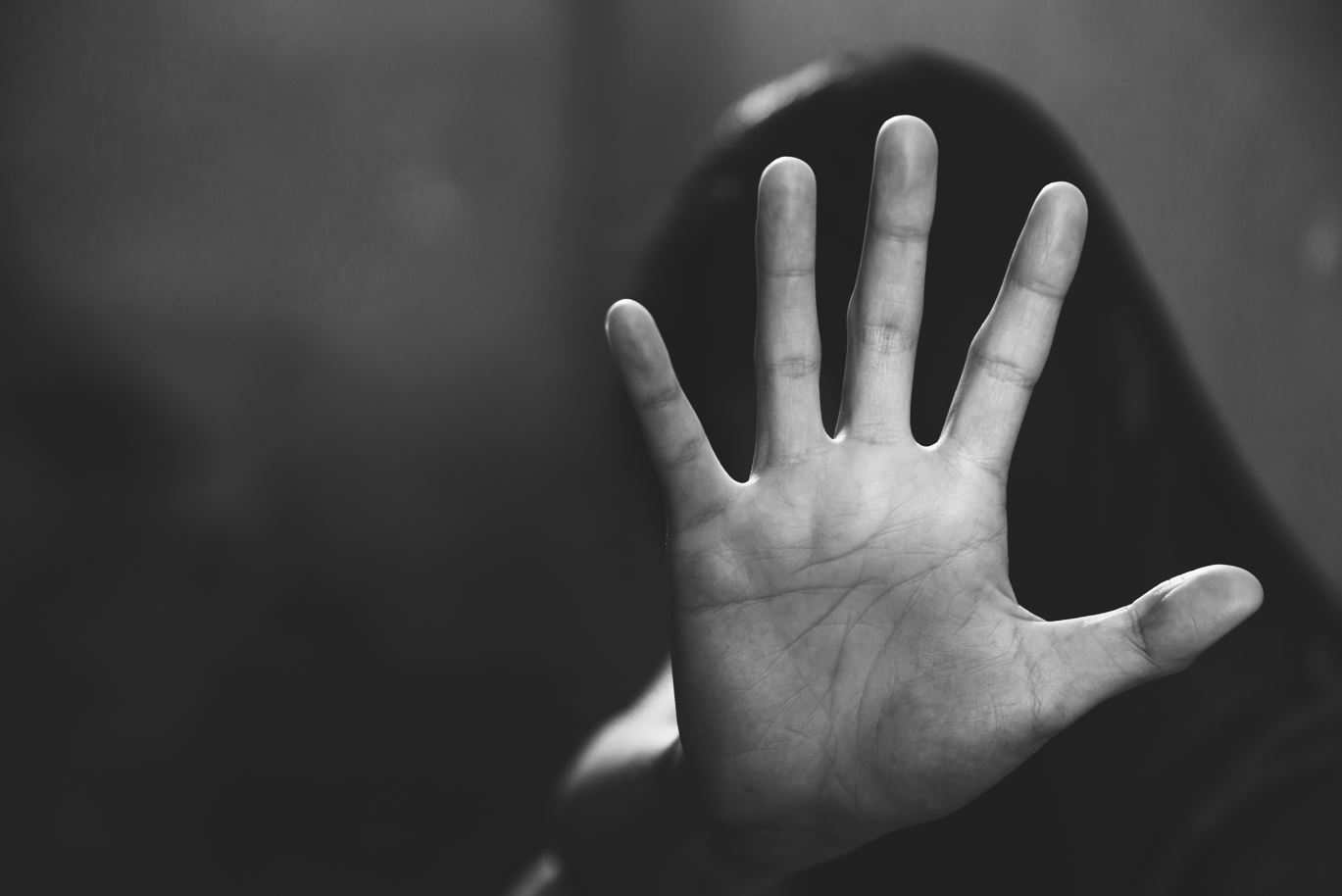Dr Sofia Graca discusses a parliamentary debate on women’s rights and safety ahead of International Women’s Day.
Yesterday I attended the parliamentary debate on International Women’s Day. I had the privilege of being invited to listen in the company of bereaved family members to the names of the women and children killed in situations of domestic abuse and later to speak to Jess Phillips, Parliamentary Under-Secretary for Safeguarding and Violence Against Women and Girls, about ways forward. It was an extremely moving experience, and I am grateful to have been able to share this experience with them.
It was the 10th year Jess Phillips read out the names of the women killed in the UK. It was a solemn moment that brought both sides of the House together, some MPs became emotional, and most attendees in the public gallery stood up in respect.
We were reminded that, although International Women’s Day is a time to celebrate women’s achievements, there is still a lot to be done in relation to women’s rights and safety. The Femicide Census’ latest report lists the names of 2000 women who were killed by men since 2009 when they first started collecting data; there is an estimate that, on average, one woman is killed by a man every three days in the UK.
This year, for the first time, the loss of life of the women whose perpetrators were never identified and brought to justice was also mentioned in parliament. These are women who were led to suicide or women whose suspicious deaths were never properly investigated or prosecuted. They do not feature in the Femicide Census and are miscarriages of justice with long-standing damaging effects on the bereaved family members, as I can attest from my conversations with them yesterday. They live day upon day not only with the absence of a mother, a sister, or a daughter but also with the knowledge that the perpetrator was never brought to justice and may even be putting other women’s lives at risk.
Not long ago, I wrote about Harshita Brella’s death at the hands of her husband and queried whether the government and the police were doing enough to deal with Violence Against Women and Girls (VAWG). Perhaps I should have asked what we all can do about it. Since Harshita’s death, 27 women can be added to the list of women killed by their current or former partners. Women of different ages, ethnicities and backgrounds were killed at the hands of partners, sons or other male family members.
It is important to understand that VAWG does not exist in isolation; it is not a product of deranged men but the product of cultural and social phenomena that perpetuates expectations and behaviour from men and women with detrimental effects for all, as the powerful statements from MPs yesterday in the parliamentary debate illustrated.
Jess Phillips said that last year she was angry but that this year she was hopeful; hopeful that lessons would be learnt, and change would take place. The Government renewed its pledge to halving violence against women and girls in a decade and there is a sense of urgency that a cultural shift is needed, as well as the tools to stop so many lives ending tragically due to violence against women; I share her optimism. When I later spoke to the minister and saw the strength and resolution of the bereaved family members I met, I believe that change is indeed possible, if we persist in finding ways to change the status quo.
For example, police officers are advised to consider whether there is a history of domestic abuse when investigating unexpected deaths; yet bereaved family members tell us that this is often neglected. We need to know more and improve this situation and this is something we at CCCU can research into. Domestic homicides are complex, and it is important to get the evidence right from the start. Awareness training on domestic abuse, identifying red flags, securing a scene properly, gathering forensic evidence and using scientific modes of analysis could help minimize such situations.

There is a lot of work to be done; let’s use International Women’s Day not only to celebrate the lives of those who came before us but to keep fighting to improve the lives of all women, bring perpetrators to justice, and create a safer future for all.
Dr Sofia Graca is Principal Lecturer in the School of Law, Policing and Social Sciences.
 Expert comment
Expert comment Emma Grafton-Williams
Emma Grafton-Williams 3586
3586


